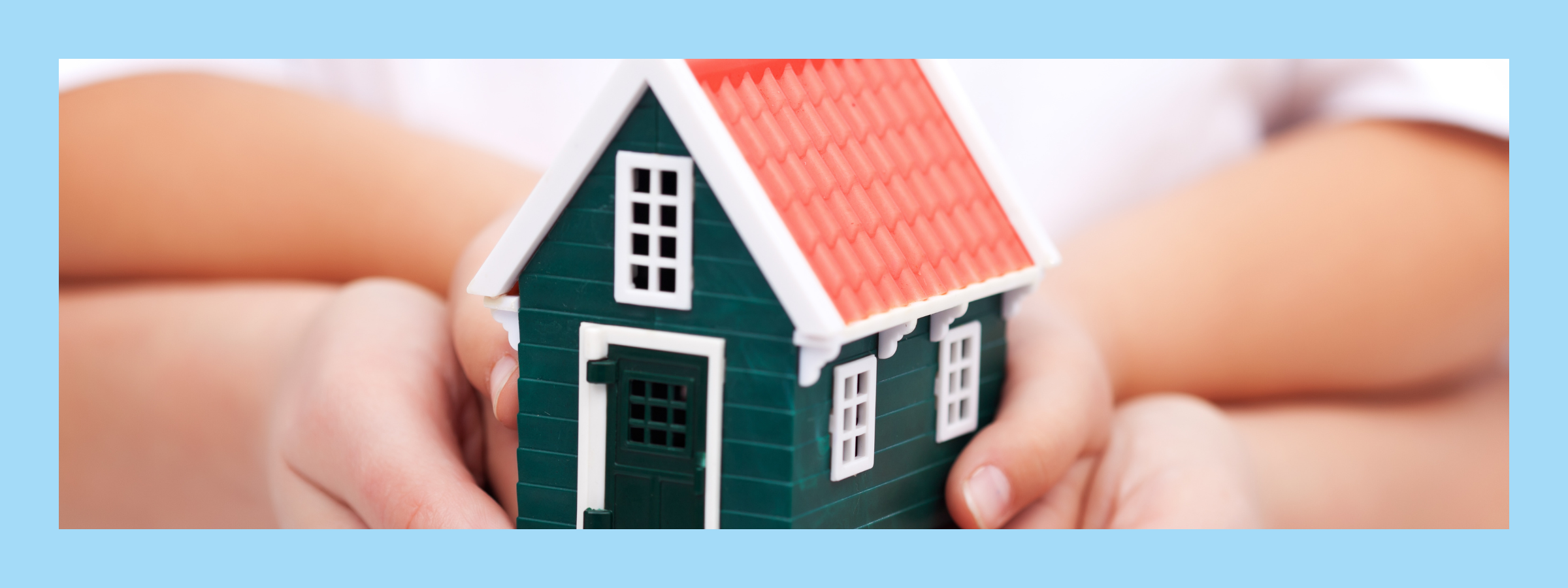
Chemo at Home: Essential Safety Tips to Protect Your Family
Why is home safety important during chemotherapy?
Chemotherapy doesn't end when you leave the hospital. For up to 72 hours after treatment, tiny traces of chemo drugs can remain in your bodily fluids, like urine, sweat, vomit, or saliva. While these medications are essential for fighting cancer, they can also be harmful to others if not handled with care. That's why post chemotherapy safety at home is so important. From using the toilet to doing laundry or cleaning up spills, simple steps can make a big difference in protecting your loved ones from second hand exposure.
In this guide we will cover the following:
- Safe bathroom use and vomit clean up.
- Caregiver protection and hygiene.
- Laundry handling tips.
- How to reduce infection risk and more.
For extra support, grab our bestselling chemotherapy guidebook:
Conquer Cancer: The Ultimate Guide to Managing Chemo Side Effects

What are the several ways in which second-hand chemotherapy exposure can occur?
- Tears
- Sweat
- Vomit
- Blood
- Semen and the vagina
- Urine and stool
The symptoms of acute exposure
Below are the risks of chemo drug exposure. Even small amounts of chemotherapy drugs in bodily fluids can cause harm to those around you.
Short-term acute exposure may lead to:
Long term or repeated exposure has been linked to more serious risks, including:
- Birth defects
- reproductive losses
- Increased cancer risk in rare cases
Family safety precautions during chemotherapy
1. Bathroom
- Flush the toilet twice and put the lid down before flushing to avoid splashing.
- If possible, you may want to use a separate toilet during this time. If this is not possible, wear gloves to clean the toilet seat after each use.
- Always wash your hands after going to the toilet. Dry your hands with paper towels and throw them away.
- To use the toilet, both men and women should sit on it. This cuts down on splashing.
2. Nausea
- If you vomit into the toilet, clean off all splashes and flush twice.
- If you vomit into a bucket, carefully empty it into the toilet and flush twice.
- Wash out the bucket with hot, soapy water and rinse it. Dry the bucket with paper towels and throw them away.
- Throw the bucket away after treatment finishes.
3. Caregivers
- Caregivers should wear 2 pairs of throw-away gloves if they need to touch any of your body fluids.
- They should always wash their hands with warm water and soap afterwards, even if they had gloves on.
- If a caregiver does come in contact with any of your body fluids, they should wash the area very well with warm water and soap. This does not normally cause any harm but at your next visit, let your doctor know this happened. This is just for extra safety.
4. Laundry
- Wash clothing or other items soiled with body fluids separately.
- Wear disposable gloves when handling clothing or bed linens that have been contaminated with vomit or other body fluids. Seal the gloves in a plastic bag and discard.
- Use the longest cycle on the washing machine and line dry the items.
- If you can't wash clothes right away, put clothes into a sealed plastic bag.
What are the important tips to consider when handling chemotherapy drugs
1. Prevent infections
Chemotherapy weakens the immune system, making patients more susceptible to infections. Keep the home clean and free from germs by regularly disinfecting surfaces, washing hands frequently, and avoiding contact with sick individuals.
2. Handle chemotherapy drugs with care
Chemotherapy drugs are potent and can be hazardous if mishandled. Always follow the instructions provided by the healthcare team for storing, preparing, and disposing of these medications. Use gloves when handling chemotherapy drugs and avoid direct contact.
3. Ensure proper ventilation
Chemotherapy drugs can release harmful fumes. Ensure good ventilation in the home by opening windows or using fans to circulate fresh air. This helps to minimise exposure to potentially toxic substances.
4. Prevent falls
Chemotherapy can cause weakness, dizziness, and balance issues. Remove tripping hazards such as loose rugs or cluttered pathways. Install handrails in bathrooms and staircases to provide support and prevent falls.
5. Fire safety
Chemotherapy drugs are flammable. Keep them away from heat sources, open flames, and smoking areas. Install smoke detectors and fire extinguishers in the home and ensure they are in working condition.
6. Food safety
Chemotherapy can affect the digestive system, making patients more susceptible to food borne illnesses. Follow proper food safety practices, such as washing hands before handling food, cooking food thoroughly, and storing leftovers properly.
Chemotherapy can be emotionally challenging for patients. Create a supportive and comforting environment at home by providing a calm and peaceful space. Encourage open communication and offer assistance with daily tasks.
8. Emergency preparedness
Prepare for emergencies by having important phone numbers, including the healthcare team and emergency services, readily available. Keep a well-stocked first aid kit and ensure everyone in the household knows how to use it.
Home safety is of utmost importance during chemotherapy. By following these guidelines, you can create a safe and supportive environment that promotes the well-being and recovery of the patient.
For more safety tips read - 'Food Safety tips'


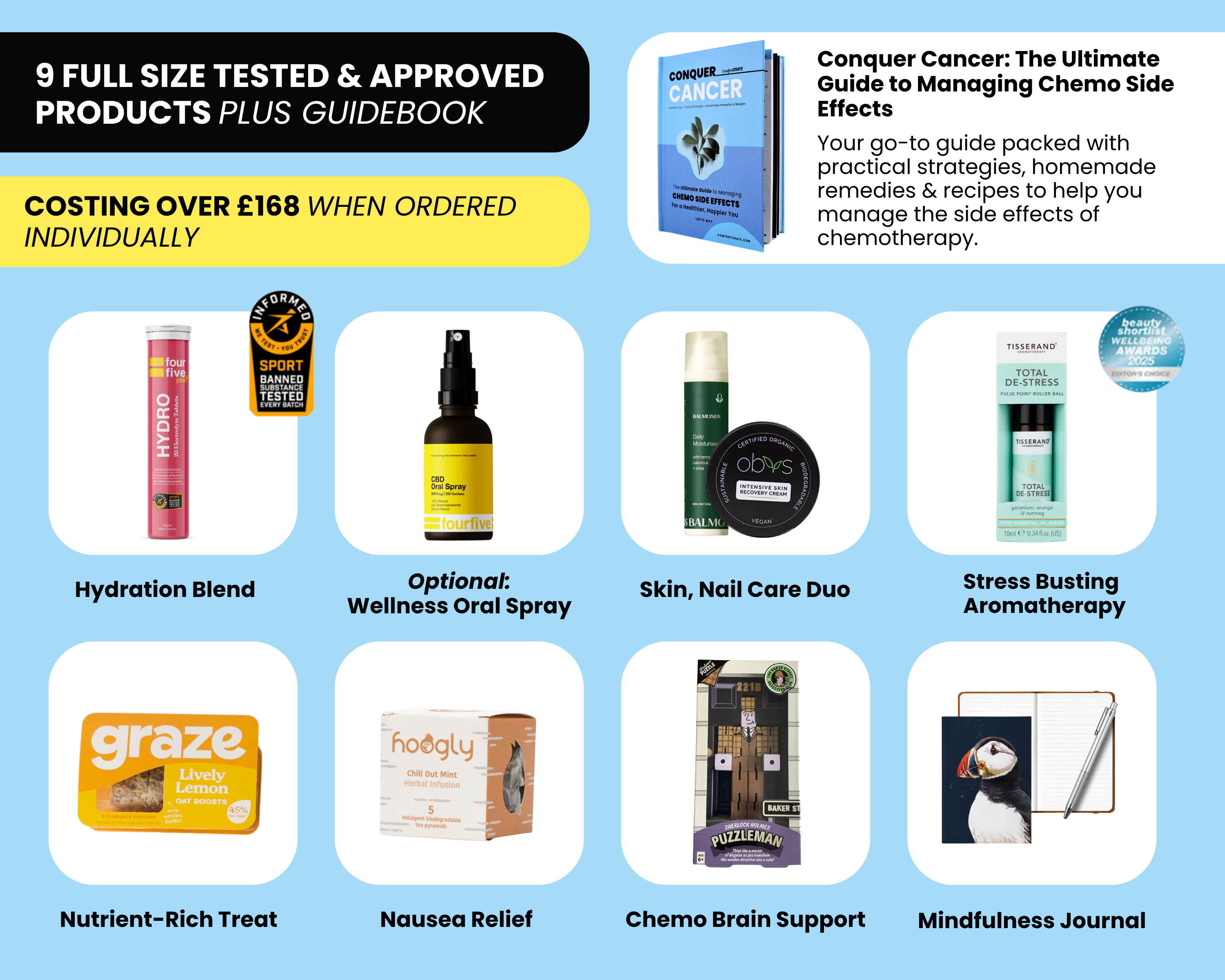

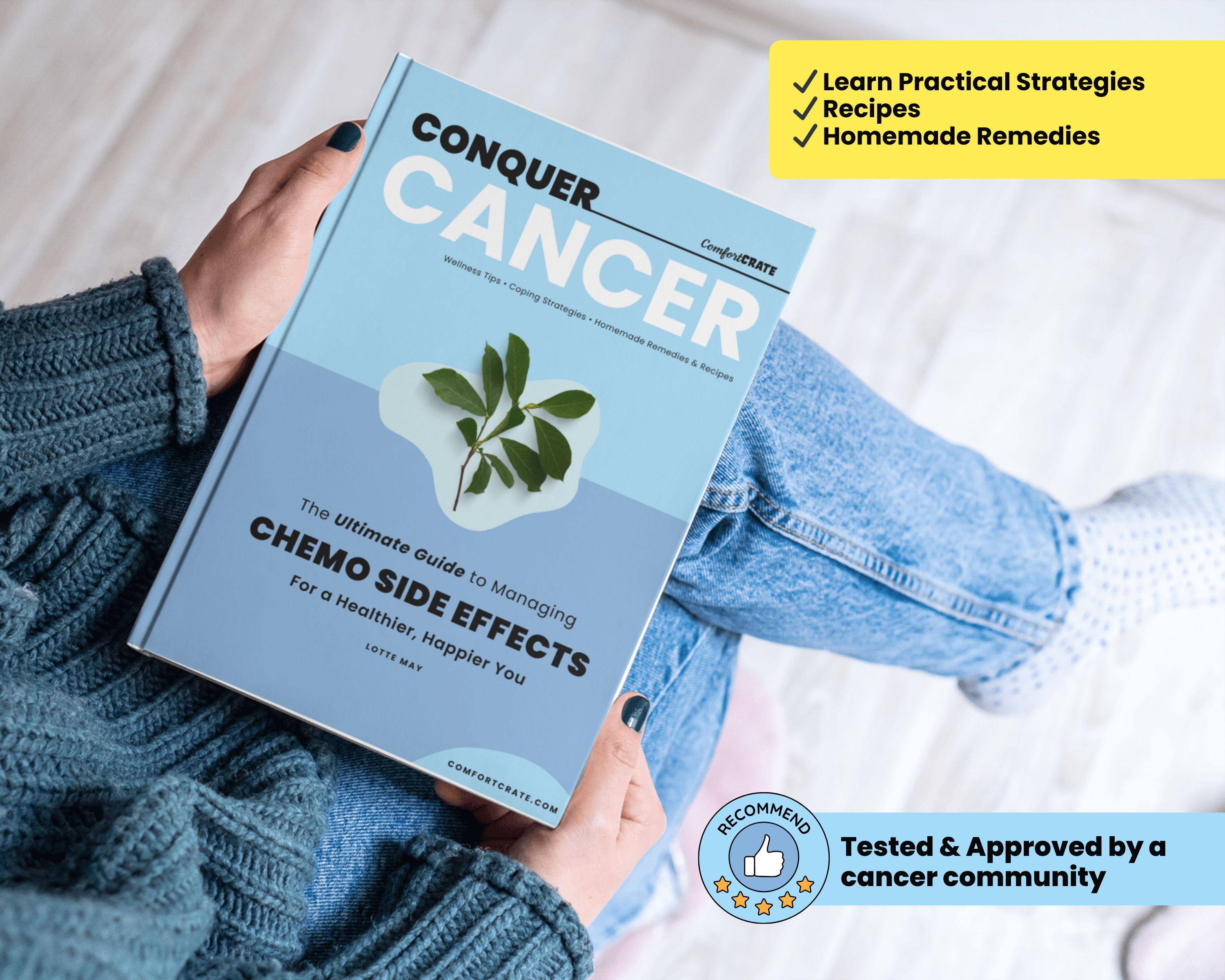


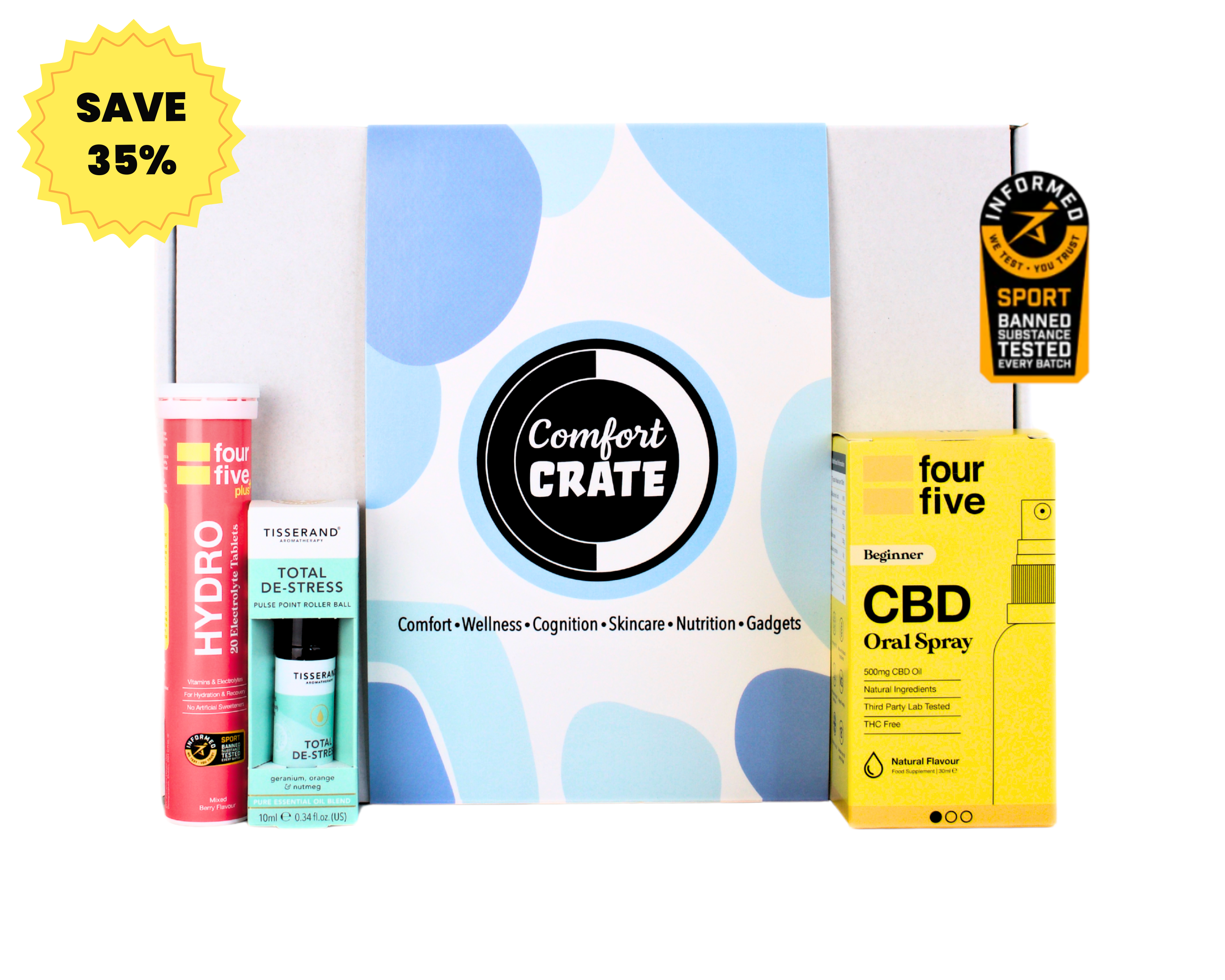

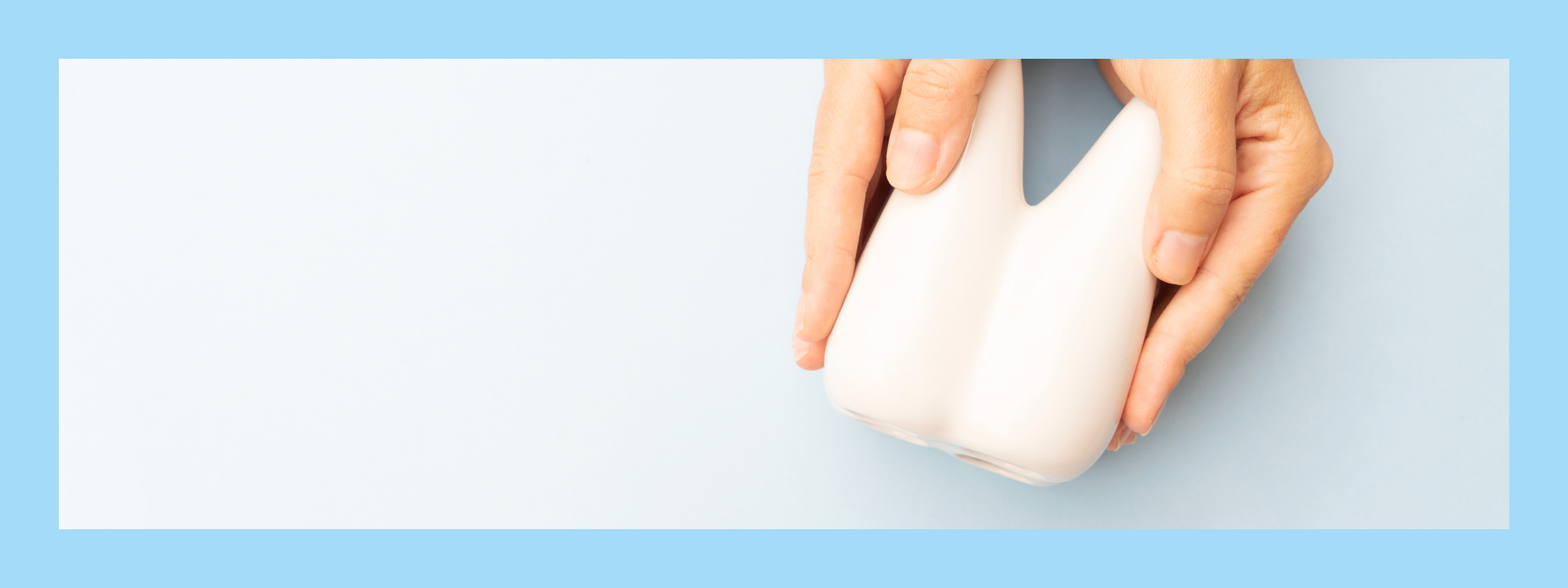
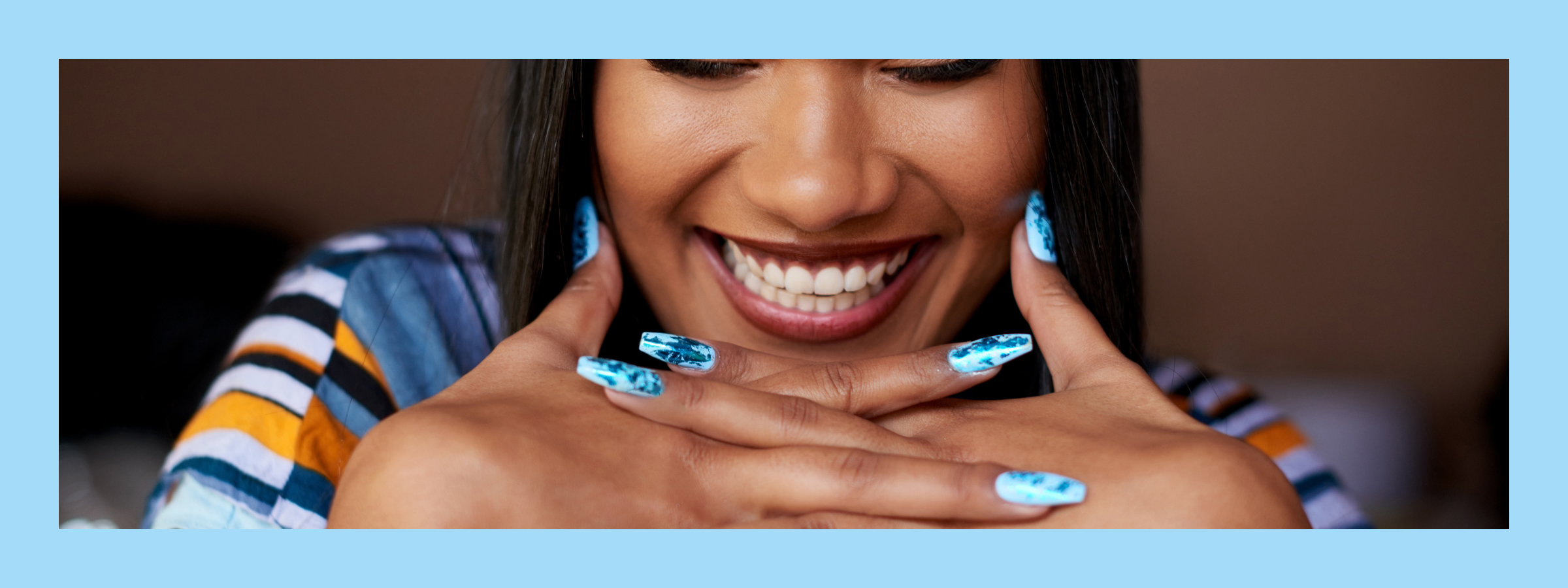
1 comment
Hello There,
Thank you for publishing these tips. To be honest, I begun to have symptoms in my toe nails and finger nails. After thinking about the reason for the symptoms, it downed on me that it could be secondhand side effects. I had already looked for information but google came up empty, however, today a few things surfaced including your article. Doctors said nothing about it which I think its horrible. Like a said, the symptoms prompted the search.
Libia
Leave a comment
This site is protected by hCaptcha and the hCaptcha Privacy Policy and Terms of Service apply.